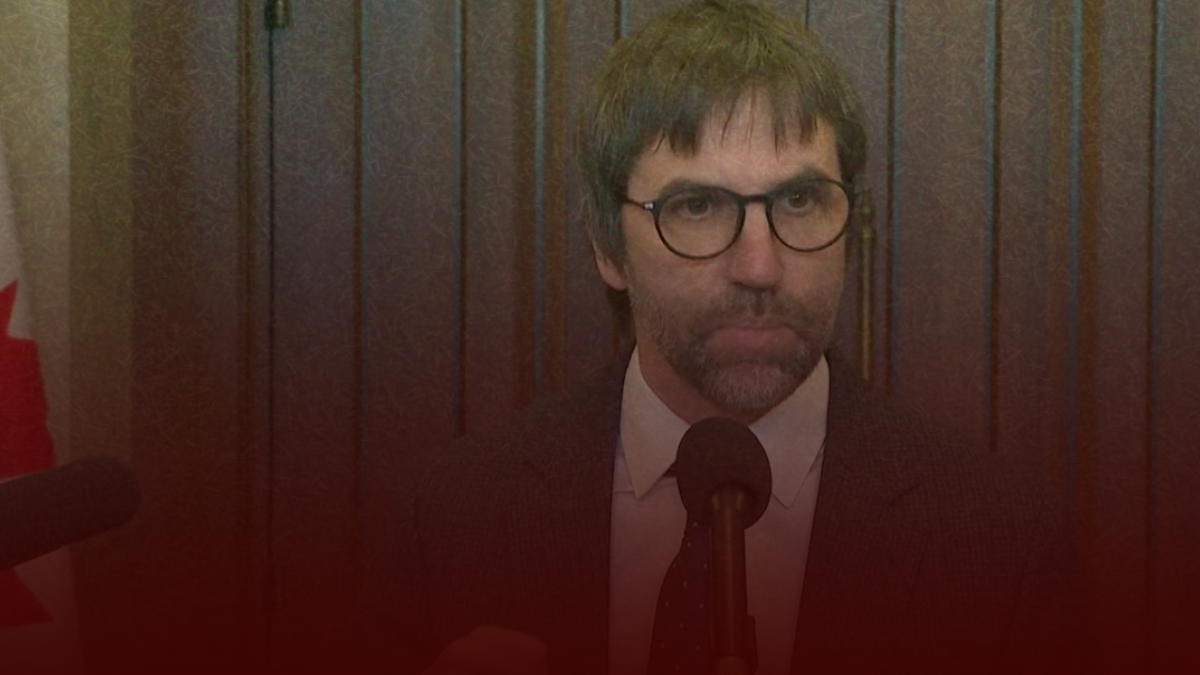The Independent Press Gallery of Canada (IPG) is calling on the federal government to drop a proposal to regulate online content and social media.
In a submission by the IPG to the Department of Canadian Heritage’s Digital Citizen Initiative, the organization raised concerns over the consequences such a plan would have on the Charter-based rights of Canadians.
“The IPG opposes the proposal and expresses a serious concern to the harmful effects on freedom of expression and principles of law that will ensue if the government moves forward with the proposal. We expect that the government will take our criticisms into account and will cease its pursuit of the proposal in its current form,” IPG president Candice Malcolm, who is also the founder of True North, wrote.
The IPG is a not-for-profit organization that represents and advocates for numerous journalists and independent media outlets throughout Canada.
The federal government is currently consulting stakeholders on its proposed approach to address harmful content online.
According to a technical paper and discussion guide, the regulatory system would allow online communications service providers to determine what content is considered hateful and flag it for removal based on government-prescribed criteria.
According to the IPG’s submission, this plan has several flaws, including its problematic foundation in Bill C-36, which was criticized by civil liberties advocates as totalitarian and anti-free speech.
The law would revive the controversial Section 13 of the Canadian Human Rights Act which was repealed in 2011 by the former Conservative government. Additionally, it would introduce a vague and ambiguous definition of hatred into the Criminal Code.
“It is not an easy concept to define, and it is not something tangible that we can all agree has occurred or has not. It is nuanced, and is usually informed by a person’s own experiences and philosophies,” wrote Malcolm.
“The definition proposed in Bill C-36 does nothing to clarify when an emotion becomes criminal.”
Additionally, the government’s proposal would put unreasonable obligations on communications platforms to monitor and regulate content while also giving them too much authority to determine what Canadians can or cannot post online.
The IPG also noted how the regulatory system leaves room for arbitrary and biased decisions, opening the door to the unfair silencing of views the government doesn’t approve of.
“The Proposal is overly broad and unworkable. It encroaches on free expression and fails to provide adequate protection to ensure that the Executive or regulator exercise their authority reasonably. The mechanisms and results proposed will stifle communication, infringe on basic freedoms, and suppress diversity of perspectives,” wrote Malcolm.
A full version of IPG’s submission to the federal government can be found here.
True North journalists are members of and accredited by the Independent Press Gallery of Canada.

